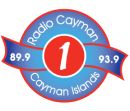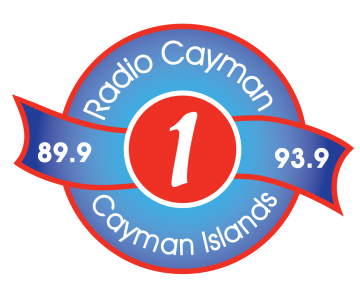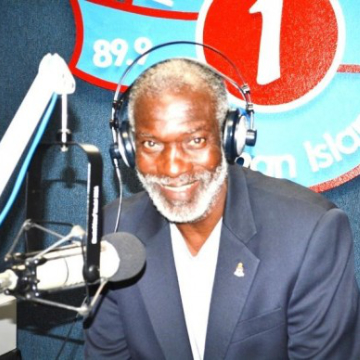News
Government Launches Nationwide Cost of Living Support Campaign

Cognisant of the worry surrounding escalating costs of living locally and globally, the Cayman Islands Government has launched a national campaign to raise awareness of the support available to the community.
To re-emphasise their commitment to supporting incomes and containing costs due to soaring inflation and other external factors, Government will draw awareness towards current and future substantive actions that will benefit the most vulnerable in our society. This comprises of lower and middle-class families, senior citizens, post-secondary students, and others who have been significantly impacted by the cost of living crises.
The Hon. Premier Wayne Panton and his fellow elected colleagues have, over the past 14 months, introduced more than 24 different initiatives to assist those currently withstanding the worst of the crises. Some of the cross-ministerial initiatives over that period include but are not limited to:
• continuing the Displaced Tourism Worker Stipend (which has now ended);
• reducing service fees for seniors;
• increasing funding of scholarships for advanced, specialised tertiary education;
More recently the following initiatives have been taken:
· the electricity relief assistance package to provide a fuel cost credit for all residential customers with monthly consumption between 101 – 2,000 kWh (to cover the highest consumption months of July, August, and September);
· the extension of the pension holiday (until the end of September).
“The entire world is experiencing an exponential rise in cost of living expenses; we are undoubtedly going through one of the most challenging times in recent history and we as a government, but also each of us in the community, must prepare for the possibility that it may be some time before it gets better. Although global inflation was already on the rise before the COVID-19 pandemic hit, it has become more of an issue in the past year,” said Premier Panton.
“We are developing assistance programmes so that our community is prepared to handle the turbulence that economists have indicated lies ahead, whether that comes from an extreme weather event like a hurricane, or impact that comes from external economic forces like increasing inflation and rising interest rates,” he added.
While it has to be acknowledged that the government does not have considerable leverage to help fight inflation, it is focused on the following areas: supporting your income – alleviating pressures on families and creating some limited certainty over fuel and energy costs; containing your costs – to lower the cost burden for people living across our three islands; empowering the community – providing people with tools that allow them to make the right decisions for themselves and their families, and lastly, putting people first – helping people cope with the stresses of life and investing in thriving communities. Government is therefore committed, with private sector partners where possible, to taking an income-based, cost-based approach to help offset the impact of rising cost of living expenses on individuals and their families.












